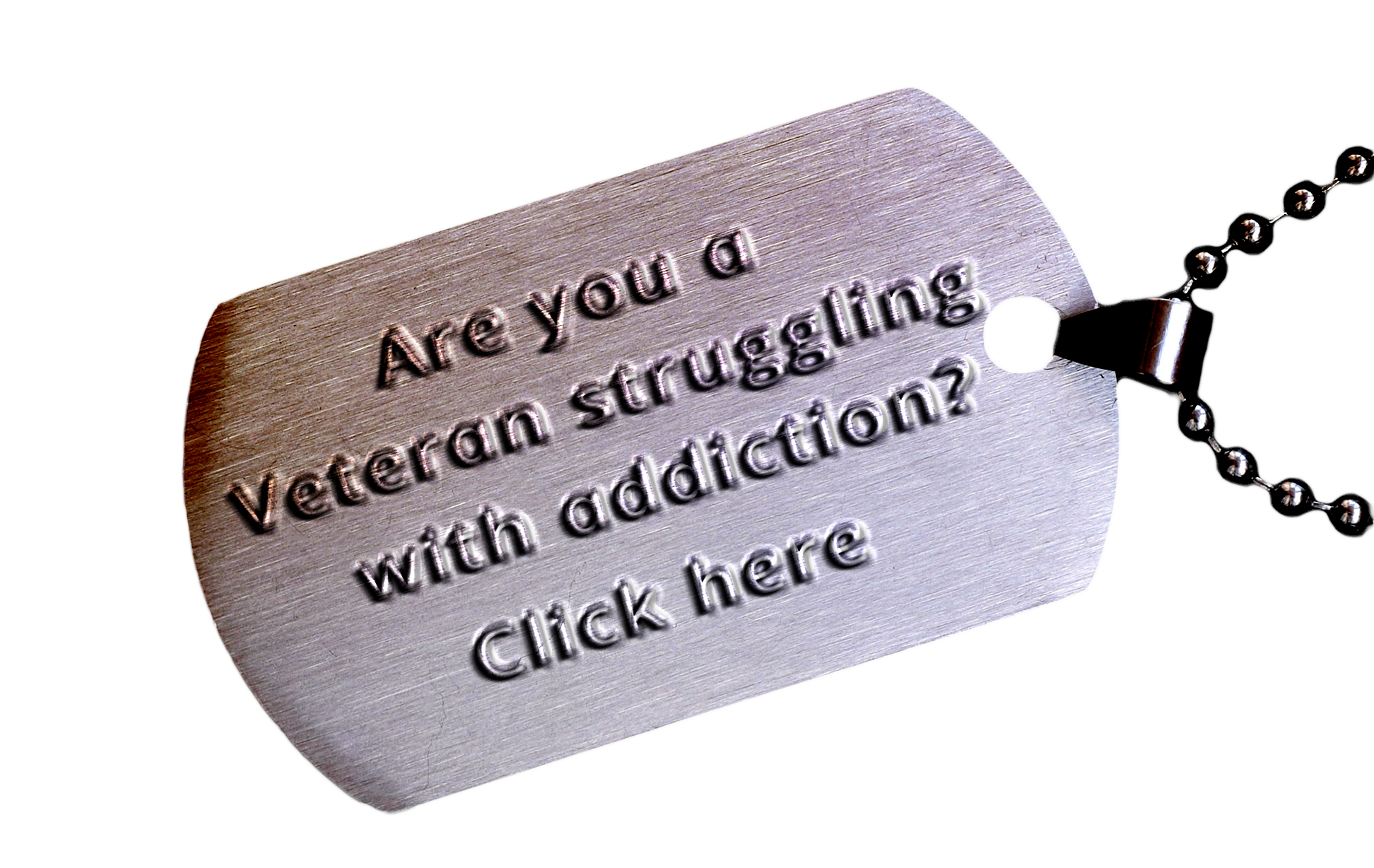Their effects are similar, causing slower response time, reduced concentration, pain relief, and states of relaxation or even euphoria, among others.
Used individually, alcohol and heroin present substantial dangers.
One can develop a dependency on those substances, experience many adverse physical and psychological effects, as well as overdose, which can be fatal.
Alcohol or heroin abuse is dangerous in itself, but mixing them together opens the door to a whole set of difficult-to-battle problems.
In this article, we will talk about the threats connected with heroin and alcohol use and ways one can receive help when struggling with substance abuse.
Heroin and Alcohol Abuse - Dangerous Combination
In the US, there is an epidemic of opioid drug abuse. According to the Centers for Disease Control and Prevention, almost 75% of all drug overdose-related deaths were connected to opioid use. There are many causes, including the increased availability of cheaper heroin and other opioid-based drugs being one of the most substantial.
Oftentimes individuals who develop a dependency on prescribed painkillers reach for heroin and other illicit drugs to enhance the effects of medications or replace them once their access to these substances gets limited.
It is also quite prevalent that people struggling with alcohol addiction develop heroin addiction as well (or other forms of drug abuse throughout their life), which is why it's so important to talk about it and learn how to spot the first signs of addiction in ourselves and in others.
How do heroin and alcohol interact with the human body, and what are the effects of mixing these substances?
Heroin
Heroin is an opioid derived from Morphine - the naturally occurring substance that can be found in the seeds of opium poppy pOftenoin is classified as a Schedule I narcotic, which means its possession and usage are illegal.
What's more important, using this opioid it's quite hazardous, as drugs like heroin which are being obtained from various illicit sources, can and often do contain an unspecified number of toxins. This in itself can have adverse consequences for the user.
Additionally, heroin is used by many as an alternative to pharmaceutical pain medication, offering more potent effects. Opioids like heroin interact with opioid receptors located in the brain. Heroin users may experience intense states of euphoria and relief from pain (including chronic pain). This serves as a very strong incentive for people to keep taking heroin once they've tried it, which is how many people develop a dependency on this drug.
This, of course, increases the risks of overdosing. CDC reports that "over 19% of all opioid overdose deaths in 2020 involved heroin," following this with the information that the overwhelming majority of people that have reported using heroin have been using other drugs as well.
Heroin overdose data points to a decrease in deaths in recent years, which could be caused by the increased popularity of even more dangerous fentanyl.
There is always significant risk to a heroin addict to overdose on the drug, mainly due to its potency and adverse reactions one may experience after taking it. Some of these reactions include shallow breathing, lowered blood pressure and heart rate, states of deep sedation, and coma.
Heroin can be snorted, injected, or smoked. We can encounter heroin in the form of white powder or as a black sticky substance, which is also known under the name black tar heroin.
Once the drug enters the bloodstream, it quickly binds to the opioid receptors, causing a number of reactions, such as dopamine levels increase, pain signals blockage, slower reaction time, and a deep state of relaxation.
Alcohol
Alcohol overdose can lead to many serious health complications. Some of them are irregular and slow breathing, seizures, low body temperature, and losing consciousness, liver damage, permanent brain damage, as well as death.
Because of that, it's crucial to control alcohol intake and react to the first signs of alcohol addiction.
Heroin Mixed with Alcohol - Effects
Some of the heroin and alcohol effects are:
Unfortunately, the fact of the matter is the majority of heroin overdoses take place when a drug is mixed with other substances, especially other sedatives that lower one's ability to make conscious decisions.
Individuals under the influence of heroin are prone to experience alcohol poisoning due to the fact that they don't control their alcohol intake, drinking more than it is safe to.
Both heroin and alcohol interact with the same neurotransmitter, slowing down various bodily functions. Combining heroin and alcohol poses an increased risk of respiratory depression, which means insufficient oxygen is being delivered to the brain. This is a very dangerous situation, as it may lead to long-term organ damage or even death.
Heroin and alcohol form a deadly combo due to something that is called a synergistic effect. What this means is that combining alcohol and heroin may lower one's tolerance to these substances. In such circumstances, even small amounts of a drug that were not life-threatening before can cause a very adverse reaction, including death.
Heroin is a fast-acting substance, so death can occur within minutes of taking a drug while under the influence of alcohol.
Signs Of Heroin And Alcohol Abuse
Before one decides to take action, they must realize that there is a problem to begin with. This is why it's crucial to learn about how to recognize signs of dependency and addiction. What do they look like in case of alcohol and heroin abuse?
Signs of heroin and alcohol abuse may include:
This list would include the following:
Treatment For Alcohol And Heroin Abuse
Alcohol and heroin abuse may be especially difficult to face without any help from the outside, as heroin alcohol mixture is incredibly potent and, like most opioids, very addictive.
Many people benefit greatly from substance use disorder treatments and rehabs, where they can find the root of their addiction and receive valuable tools and support to overcome it and get their lives back.
At Miracles Asia, you can receive professional treatment to help you stand on your feet during this critical time in your recovery. Our team of experts will dedicate time and resources to designing a personalized treatment plan for you.
In our center, you'll be able to manage withdrawal symptoms and chronic pain without the risk of going back to active addiction. After these symptoms subside, you'll be able to learn how to live in peace and find balance in your life.
During the treatment process, you will get the chance to meet other opioid users and share your experiences in support groups. You will also have an opportunity to take part in activities such as psychoeducation, meditation, hikes in the rainforest and beach visits, among others, to help you regain control over your life in a relaxing setting.
Heroin And Alcohol Abuse - Final Thoughts
Using heroin in combination with other drugs or alcohol is dangerous and should never be attempted. Heroin is an opioid-based narcotic that offers strong pain-relieving and sedative effects. Both heroin and alcohol are nervous system depressants, slowing down various body processes, including heart rate and breathing.
It's easier to overdose when mixing heroin with alcohol due to the increased potency of such a mixture, as well as lack of awareness which leads to excessive drinking or heroin use. Combining alcohol and opioids may lead to severe health complications and even death.
If you or someone you know is struggling with substance abuse, reach out for help. Receive support from a professional treatment provider and change your life today.
Don't Delay Substance Use Disorder Treatment
Mixing alcohol with hallucinogenic drugs is highly dangerous and may have a lasting impact on mental and physical health. Although some users believe the mixture intensifies or balances the experience, in reality, the two substances do not work together well and may only impair your health.
If you or your loved one suffers from drug abuse or alcoholism, it is never too late to seek treatment. Miracles Asia offers personalized substance use disorder treatment where you or your loved one will fight the addiction with professional support.





